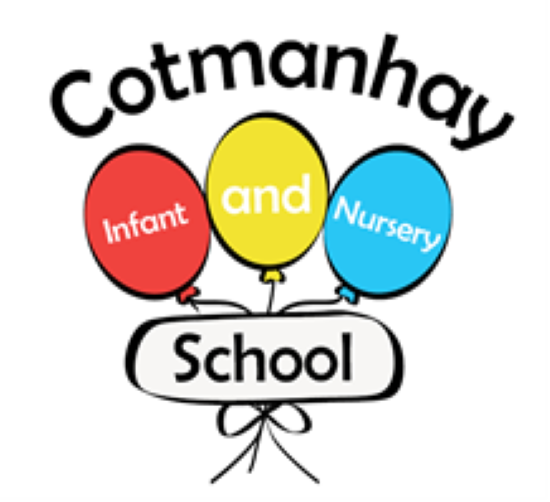Science
The SCIENCE CURRICULUM at Cotmanhay Infant and Nursery School
🧍♀️ SCIENCE LEAD = Mrs Holmes
At Cotmanhay Infant and Nursery School we have recently started using the White Rose Education Science scheme of learning for Reception and Key Stage 1.
All the information linked to the Science curriculum is currently being updated and will be available here in the next few weeks.
